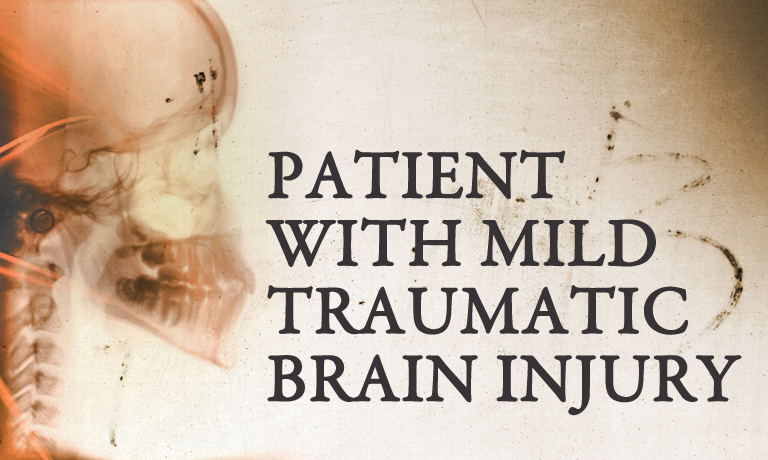
Traumatic brain injury (TBI) is a leading cause of disability worldwide. It is caused by a bump or blow to the head that affects how the brain normally works (National Center for Injury Prevention and Control, 2008). Because nurses are frequently the professionals who see the full impact of TBI and have the skills that can alter the course of a patient’s recovery, it is important for nurses
to have a valuable resource to help them achieve the best possible outcomes. This guideline helps translate the latest research into an easy-to-use reference.
The purpose of this document is to provide recommendations based on current evidence that will help registered nurses, advanced practice nurses, and institutions provide safe and effective care to injured patients with a mild traumatic brain injury (MTBI). The goal of these guidelines is to offer evidence-based recommendations on nursing activities that have the potential to maximize outcomes for persons following MTBI. Not all recommendations concern activities independently performed by registered nurses, but nurses are responsible for implementing and monitoring the outcomes of these activities. The evidence presented here may help nurses make appropriate choices when caring for patients with MTBI. Dependent on the scope of practice regulations, advanced practice nurses may have independent or collaborative responsibilities for activity performance, thus this guideline may assist them in the management of patients with MTBI.
As a result of the high profile of TBI—particularly injuries that are blast-related—new medical, nursing, and rehabilitation treatments are frequently emerging. Resources and recommendations must describe the best practices that can enable nurses to provide optimal care for persons following MTBI. Accordingly, adherence to these guidelines is voluntary, and the ultimate determination regarding their application must be made by practitioners in light of each patient’s individual circumstances. This reference is an essential resource for nurses providing care to persons following MTBI. It is not intended to replace formal learning but rather to augment clinicians’ knowledge base and provide a readily accessible reference tool. AANN, ARN, and the nursing field are indebted to the volunteers who have devoted their time and expertise to this valuable resource, created for those who are committed to excellence in the care of brain-injured patients.
